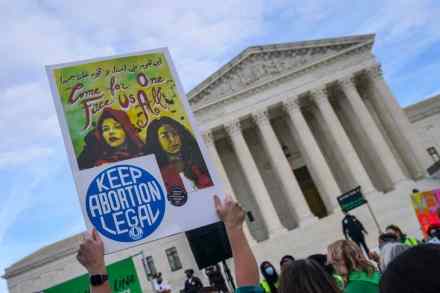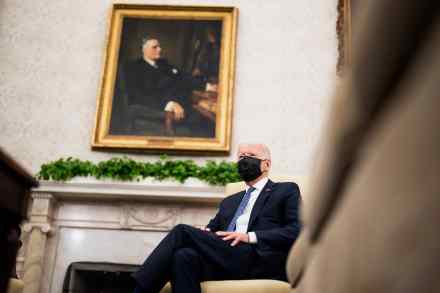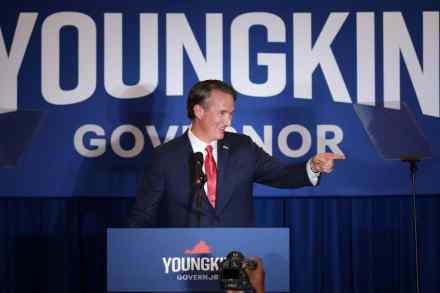Most-read 2021: ‘My’ truth about Meghan and Harry
We’re closing the year by republishing our ten most popular articles in 2021. Here’s number one: Rod Liddle writing in March on Harry and Meghan. Caroline Rose Giuliani, the daughter of the former mayor of New York, Rudy, has been talking to the press about one of her hobbies. Apparently she likes nothing more than playing the role of a ‘unicorn’ — the third partner in a sexual liaison. She explained: ‘Finding the strength to explore these more complicated, passionate aspects of my personality became the key to harnessing my voice and creative spark, which in turn helped me better cope with depression, anxiety, and the lingering cognitive effects of adolescent




















